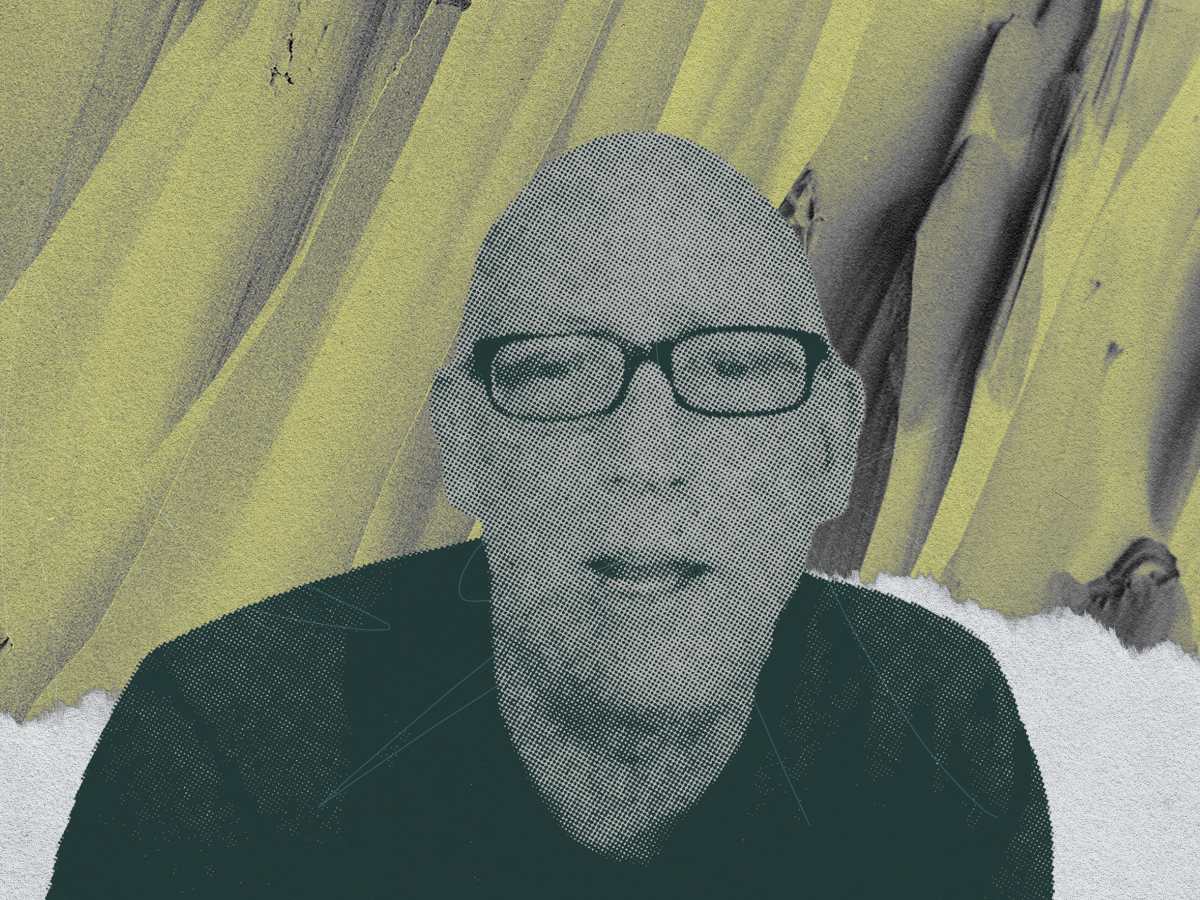America’s most famous officer worker has been fired.
Hundreds of newspapers over the last week dropped “Dilbert,” the comic strip about the absurdities and mundanities of corporate life, after creator Scott Adams posted a racist rant. On his YouTube channel, Adams warned White people to “get the hell away from Black people” because the latter are part of a “hate group.”
I’ve never been a fan of Dilbert. There were a few good one-liners, but I didn’t need a comic strip to expose me to a mediocre white guy who thinks everyone else is the problem. The world of work is full of them. While other such caricatures of corporate management, like Michael Scott in “The Office” or Bill Lumbergh in “Office Space,” were written with self-awareness, Dilbert was not. Instead of challenging the worst aspects of corporate inertia, Dilbert redeemed them.
Even as the last few years upended the office as we knew it, Dilbert never changed, and actively resisted evolution. Consider the banality of a punch line from September: “I know you identify as white so that won’t help our ESG scores, but would it be too much trouble to identify as gay?”
Since hearing that Adams’ strip had been dropped, I’ve been looking at Dilbert even more critically, and with a more zoomed-out view on what the comic’s success has meant up to this point. Is it a case of Dilbert being a man of his times, or that he never intended to progress professionally, personally too? Am I talking about a cartoon, or a lot of guys similarly resisting ESG or other inclusion efforts at work?
I turned to Ernest Owens, author of the new book, The Case for Cancel Culture: How this Democratic Tool Works To Liberate Us All. Owens has had no shortage of events to weigh in on since his book tour began earlier this month: Roald Dahl’s work has been revised (tweaks include Augustus Gloop in Charlie and the Chocolate Factory going from “enormously fat” to just “enormous”), actor Ben Stein said he missed Aunt Jemima on his syrup bottles, and then Adams posted his tirade.
Considering the title of his book and a generally fiery social-media presence, I was surprised by Owens’ response when I asked if every Dilbert fan now needs to repent. “The art and how we interpret it is different, but we shouldn’t be so hard on ourselves. We can’t retroactively punish ourselves for the things we didn’t know,” he says. “Grace is important.”
Still, now that Adams has said what he said, it’s clear that the issue with Dilbert is not just that the character is lazy and unmotivated and, quite frankly, privileged—his characterization as the anti-hero, everyman victim now feels more nefarious. It’s worth considering not only how we will look back on Dilbert and icons like the comic, but how we can ensure that we do so more honestly.
“There are implications of this man’s ideology embedded in these cartoons. … They are a historical artifact,” declares Owens. “We have context now. And we do recognize there were these problematic archetypes. To not have context is to be intellectually dishonest. If you sanitize the past, then we lose sight of our history and our measurement of progress.”
In hindsight, what I previously found unfunny now seems dark, even dangerous. And that’s a broader indictment of workplace behaviors that once excused mouthy, mediocre performers and their entitled attitudes. Adams portrays Dilbert as the victim of more inclusive workplaces (lately, I’ve taken to posting my November column on “The Dangerous Myth of ‘White Men Can’t Get Jobs’” weekly to correct this false, oft-repeated perception) when actually it is we who were victims.
That raises important questions on how deep the reckoning needs to go to fix and undo past harm. Importantly, the fear of cancellation allows companies to preemptively act to correct content, policies, and wrongdoings. Disney+, for example, now has warning labels on films such as Dumbo, Peter Pan, and The Aristocats. “These stereotypes were wrong then and are wrong now,” it says. “We want to acknowledge its harmful impact, learn from it and spark conversation to create a more inclusive future together.”
This is not as much an example of cancellation as it is of evolution, which should be welcome and a part of a company’s strategy to meet consumers’ changing needs and new realities. Does this mean that every company needs to assess every product it ever produced for the sake of being sensitive?
“What we don’t want to do is fall into the trap of being performative because it comes across as disingenuous,” says Owens. “We must be intentional and review things that could be liable.”
A matter of taste or opinion, to be sure, does not a cancel culture make. Not laughing at Dilbert before was a preference. Some people found him funny. I did not. But with Adams’ recent comments comes a new reality.
“If you decide to cancel or disassociate with something detrimental to your livelihood or your morals or ethical views, that becomes cancel culture,” says Owens. “It’s more about the collective.”
He also says it’s not as coincidental or spontaneous as we might think.
“The decision to stop Dilbert’s comic from running is a decision to stop the spread of information and agenda setting,” he says. “This is about power. He had a lot of influence and power. This is also about confronting power.”
Thus, it’s also a business decision. Facing the reality of their more diverse demographics, companies cannot afford to alienate customers—nor their workers to accommodate the stubborn, unwilling resistors of progress. “Leadership is nature’s way of removing morons from the productive flow,” Dilbert’s megalomaniac dog once mused. That’s hopefully becoming less true in a world more willing to expose who the real morons are.
